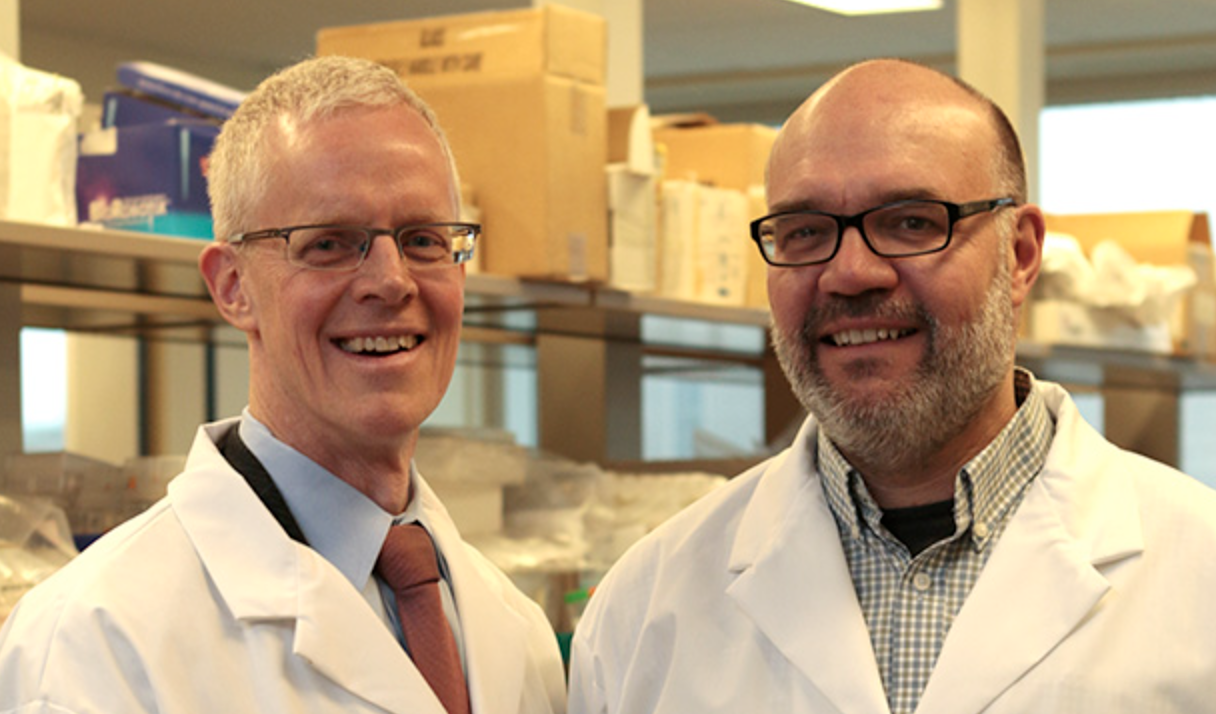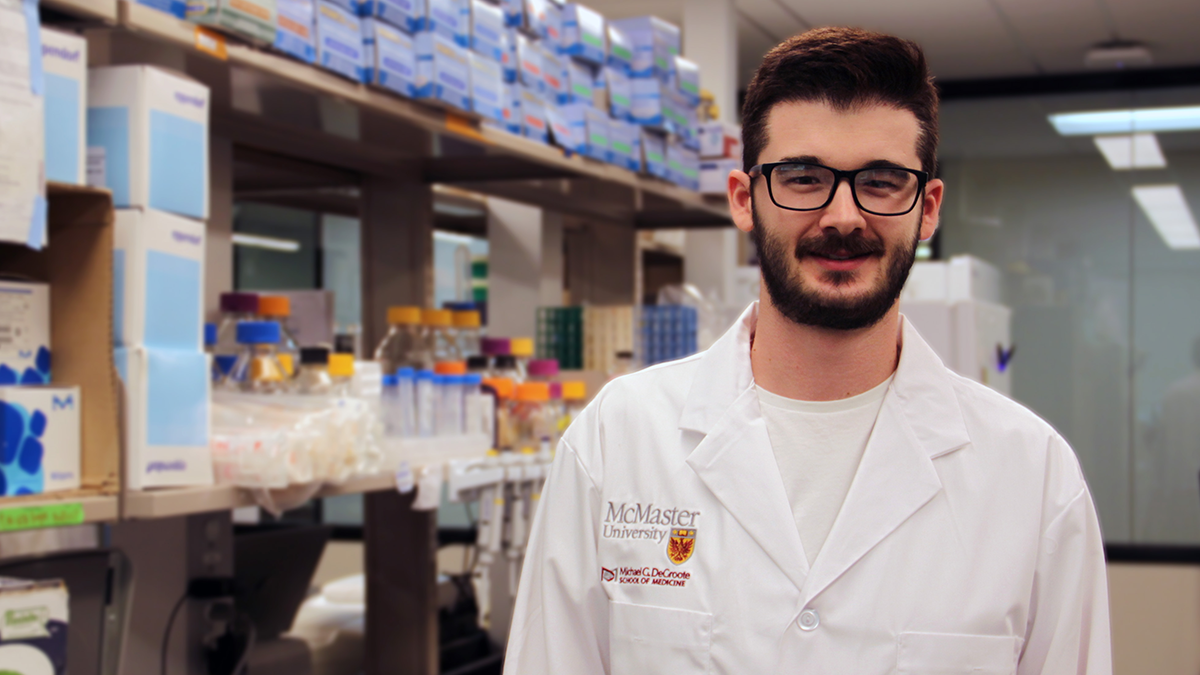Antibacterial Drug Discovery in the Resistance Era

Failure to address the looming antibiotic-resistance crisis will render the miracle drugs of the 20th century ineffective, experts from the Michael G. DeGroote Institute for Infectious Disease Research warn.
In a review published in the journal Nature, Drs. Gerry Wright and Eric Brown describe how the evolution of antibiotic-resistance elements in bacterial pathogens has made diseases that were once easily treatable deadly again.
“We are entering a period of infection control that has not been experienced for more than three-quarters of a century,” they write. “In this era of ever-increasing resistance, the management of bacterial infection through the use of safe, cheap and plentiful antibiotics can no longer be taken for granted.”
Wright and Brown go on to suggest that a post-antibiotic era in which common infections can be fatal is now a grim reality, prompting the research community to take a more “personalized and strategic” approach to discovering and delivering the next generation of these medicines.
“The clinical need for new antibiotics is growing, and in some cases, such as multidrug-resistant Gram-negative pathogens, we are already experiencing a profound crisis.”
“In the resistance era, we must accept and tackle this global challenge to continue to enjoy the benefits of antimicrobial agents and the improvements in quality of life and life expectancy that they bring.”
NewsRelated News
News Listing

Faculty of Health Sciences ➚
McMaster researchers get federal funding to study emerging bird flu threat
News
1 day ago

Brighter World ➚
Putting the ‘ant’ in antibiotic discovery: How insects could be the key to fighting superbugs
News
2 days ago

November 6, 2024

